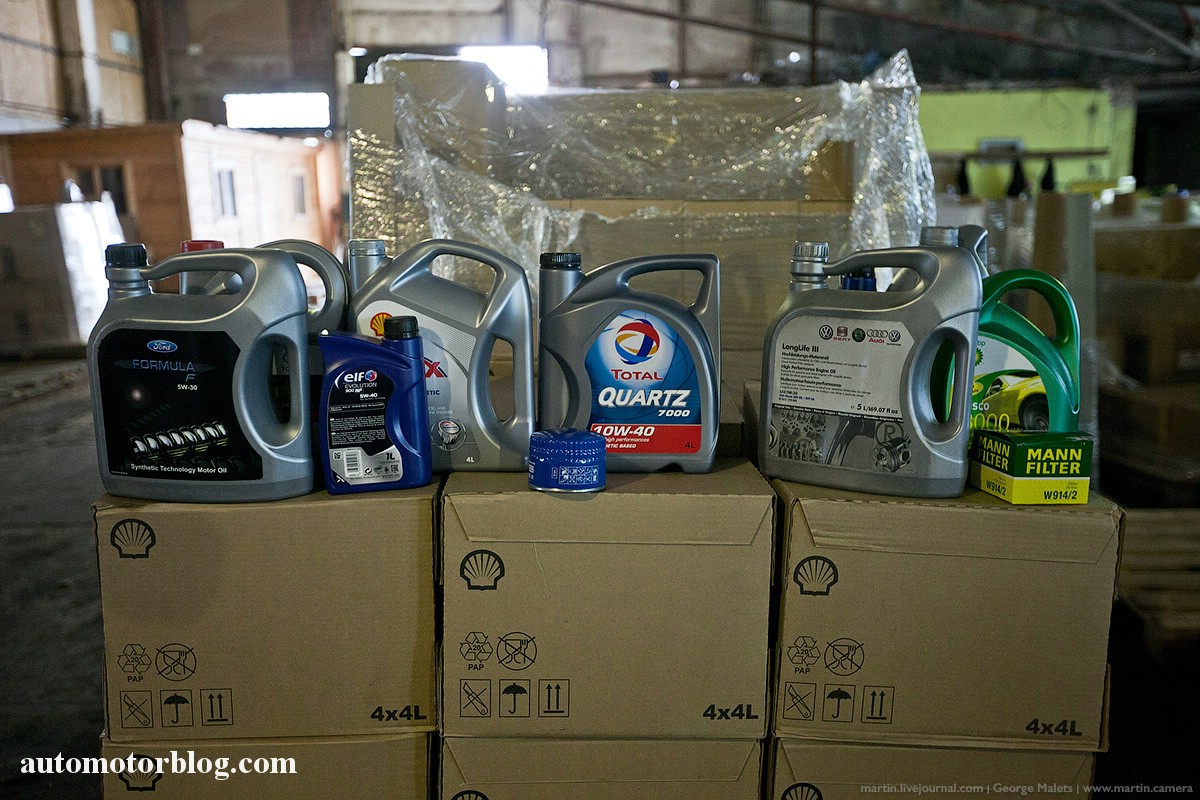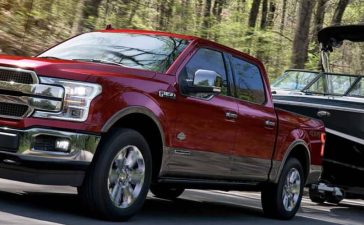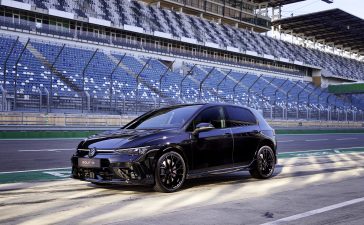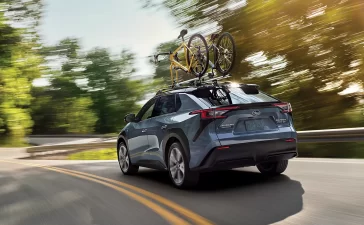In recent years, automotive manufacturers have been doing their utmost to provide automobiles with the newest safety systems that would maintain both drivers and passengers safe on the road. The features that have recently come into popular use include the rearview camera that has been developed to give the driver a clear view of the blind spot behind the car. Nevertheless, it seems that Hyundai, a South Korean automaker, has not been immune to some trouble in this regard, as they have recently announced their biggest recall of the year due to possible issues with rearview cameras.
The recall, which affects a great number of Hyundai models, has caused great concern among drivers and generates legitimate questions regarding the safety and efficiency of many modern car technologies. In this article, you’ll learn about the details of this recall, which Hyundai models are involved, and what signals this event gives to modern car safety innovations.
Table of Contents
Details of the Recall
Launched in the middle of August, the campaign covers more than 300k vehicles across American dealerships and is applied to virtually all Hyundai models released between 2019 and 2022 (model years). The most impacted models are Sonata, Elantra, and Santa Fe, with almost 200000 of these vehicles being fitted with possibly flawed rearview camera systems.
Hyundai says the rearview camera systems in these vehicles could shut off because of an electrical issue between the camera and the vehicle’s wiring harness. Worst of all, the camera is likely to simply die in its tracks, leaving drivers without the high level of visibility that is required for safer reversing operations.
Hyundai is not the only car manufacturer that has had problems with rearview camera systems. In 2019, General Motors recalled nearly 400,000 Chevrolet Impala vehicles because of an issue with the safety belt anchors. However, recently, Ford Motor Company was involved in a recall of over 900K vehicles because of issues regarding the rearview camera wiring.
Impacted Models
As was said earlier, the Hyundai recall involves many models from the 2019 to 2021 model year, yet the most of affected cars are the Hyundai Sonata, Elantra, and Santa Fe. The following list includes all models affected by this recall, as reported by Hyundai:
- 2019-2022 Hyundai Santa Fe
- 2019-2022 Hyundai Santa Fe XL
- 2020-2022 Hyundai Palisade
- 2020-2022 Hyundai Venue
- 2019-2022 Hyundai Veloster
- 2019-2022 Hyundai Elantra
- 2019-2022 Hyundai Elantra GT
- 2019-2022 Hyundai Sonata
These models are fitted with rearview camera systems that utilize a wired connection, which might detach with time through fluctuations like high humidity or UV radiation, compromising the connection of the camera to the wiring harness. Hyundai is acting responsibly by ensuring that customers who are experiencing this danger in their cars receive a fix for it, which involves an assessment of the camera’s wiring harness with replacement, where necessary, by the company without charge.
Implications and Concerns
That Hyundai’s largest recall of the year does so during the ceaseless discussion around the subject of modern automobile technology reliability and durability is quite fitting. Rearview cameras are listed as mandatory safety devices because they help drivers have an extra view when reversing. This is particularly so given modern-day crowded streets and parking lots whereby reversing risks are very high because drivers cannot see what is behind them.
Even the number of vehicles featured as a part of this recall speaks volumes about the popularity of rearview camera technology in Hyundai products, so it underlines the need to insist on high-quality and long-wearing components for these devices. The problems with the wiring harness connection as indicated in this recall should encourage automakers to review what they use to make these connections and what other designs to avoid in fthe uture.
Moreover, the recall should make consumers to be more cautious regarding the safe parts of the car that they use in their every day life. Because so many of the new cars and trucks on the market today come with cameras and other innovative safety systems, it is advisable that the buyer educate themselves on the quality and effectiveness of such a system before making any decisions. If a car is sold without a reliable backup camera, this would in fact be a deal-breaker for many people.
Conclusion
This is evident in Hyundai’s latest recall that involved over 300,000 automobiles in the United States. Although rearview cameras are crucial in safety, their operations can be influenced by aspects like environmental ones. This recall underscores the importance of the makers of such systems to guarantee that the parts that went into these systems are both strong and dependable.
In the meantime, those drivers who own affected Hyundai models are advised to be extra careful and keep in mind that their rearview camera may stop working at any given time. They should also look at the durability of the safety features they are willing to purchase on their new car because failure of such a feature is very costly. Lastly, carmakers must wake up to these problems and start buying good qualities to provide drivers with the kind of security they require on the road.












